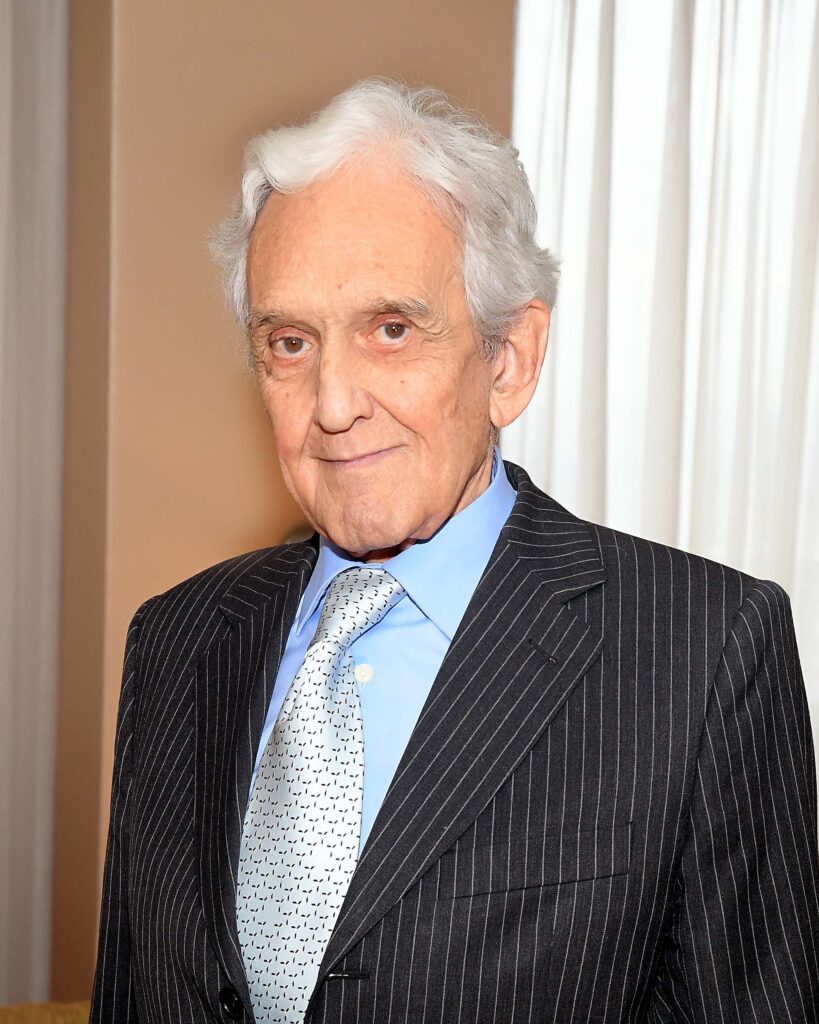member

Politician, economist and jurist. Son and brother of diplomats. Studied Law degree at the Universidad Complutense of Madrid (1957).
2025 .Copyright INCIPE Instituto de Cuestiones Internacionales y Politica Exterior | Aviso Legal | Politica de cookies